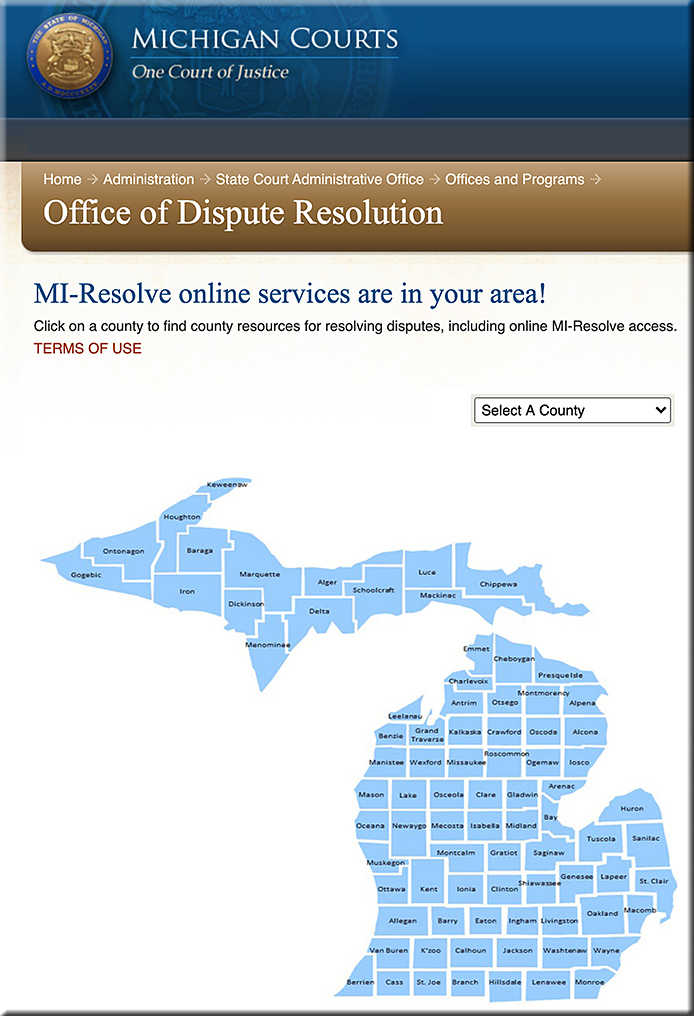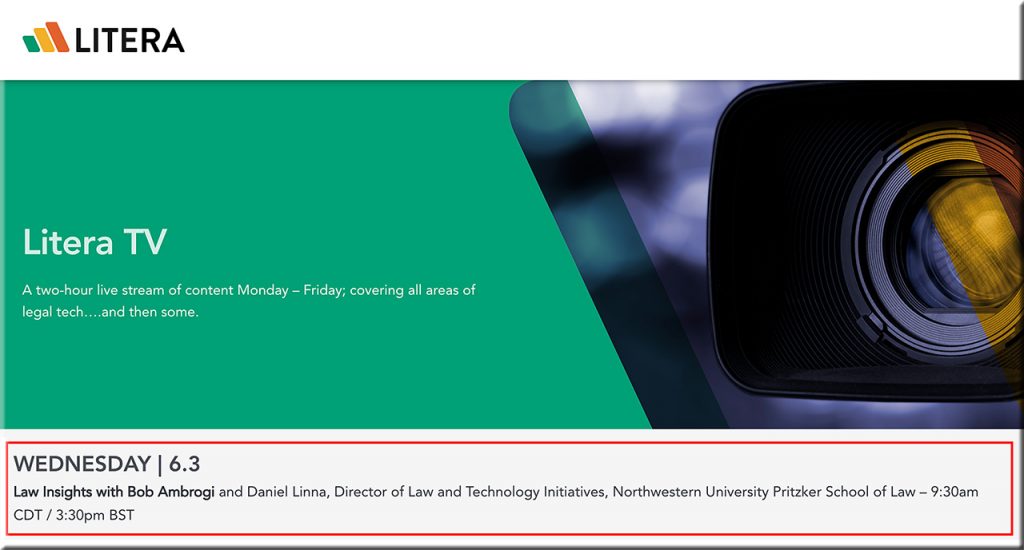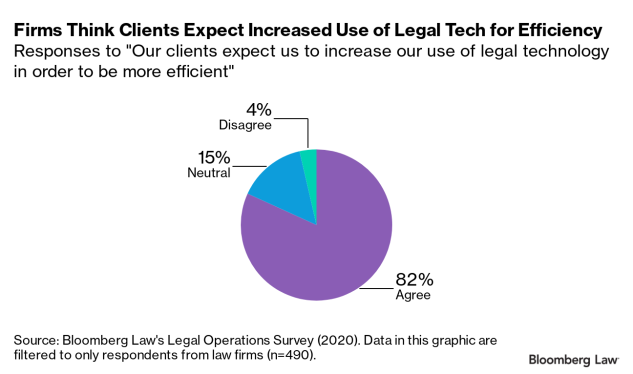Invitation for Comment on Emergency Rulemaking — from uscourts.gov
Request for Input on Possible Emergency Procedures
Excerpt:
The committees seek input on challenges encountered during the COVID pandemic in state and federal courts, by lawyers, judges, parties, or the public, and on solutions developed to deal with those challenges. The committees are particularly interested in hearing about situations that could not be addressed through the existing rules or in which the rules themselves interfered with practical solutions.
And from Canada:
Our civil justice system needs to be brought into the 21st century — from theglobeandmail.com by Rosalie Silberman Abella
Excerpt:
I’m talking of course about access to justice. But I’m not talking about fees, or billings, or legal aid, or even pro bono. Those are our beloved old standards in the “access to justice” repertoire and I’m sure everyone knows those tunes very well.
I have a more fundamental concern: I cannot for the life of me understand why we still resolve civil disputes the way we did more than a century ago.
In a speech to the American Bar Association called The Causes of Popular Dissatisfaction with the Administration of Justice, Roscoe Pound criticized the civil justice system’s trials for being overly fixated on procedure, overly adversarial, too expensive, too long and too out of date. The year was 1906.
Any good litigator from 1906 could, with a few hours of coaching, feel perfectly at home in today’s courtrooms.












![ABA President Judy Perry Martinez on the ABA and the Profession in a Pandemic [Ambrogi]](http://danielschristian.com/learning-ecosystems/wp-content/uploads/2020/05/LawSites-5-18-20-Ambrogi-Martinez.jpg)

